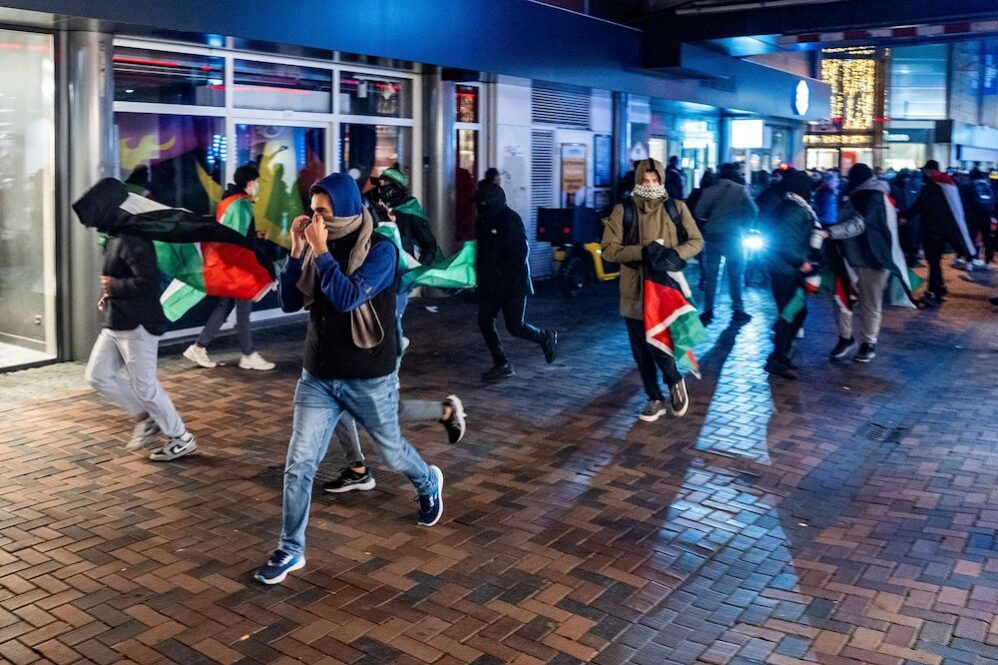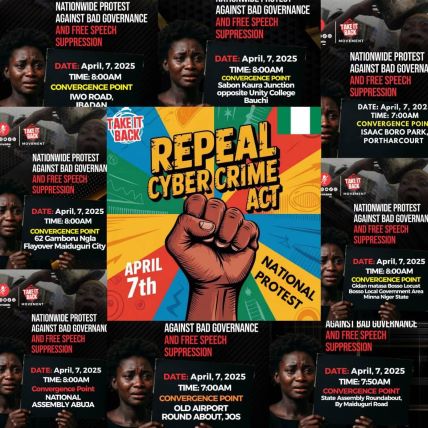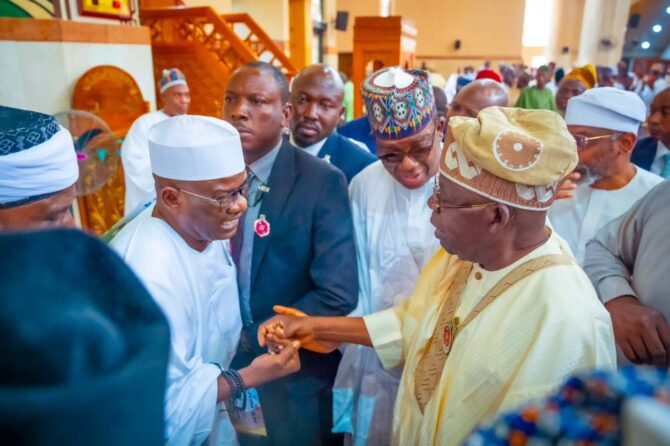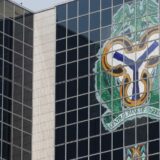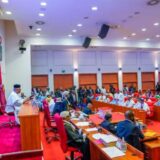“We Failed Again”: Dutch King Apologizes After Antisemitic Violence Targets Israeli Soccer Fans
Introduction to the Attack on Israeli Fans in Amsterdam
On November 7, 2024, violence erupted in Amsterdam surrounding a Europa League football match between the local team Ajax and Israel’s Maccabi Tel Aviv, raising alarm about antisemitic attacks in Europe. Groups of youths, characterized by Amsterdam’s mayor as “anti-Semitic hit-and-run squads,” assaulted fans of the Israeli team after the match. This violence, condemned as antisemitic by authorities, occurred against a backdrop of escalating antisemitic and Islamophobic incidents across Europe, fueled by the ongoing Middle East conflict. The attacks prompted widespread condemnation, with leaders in the Netherlands and internationally expressing outrage and vowing to combat antisemitism. The events sparked investigations into the attacks, the security measures surrounding the match, and the broader issue of antisemitism in the Netherlands and Europe.

Background of the November 7, 2024 Attack on Israeli Fans in Amsterdam
The attack occurred in a climate of rising antisemitism and Islamophobic attacks across Europe fueled by the ongoing Israeli-Palestinian conflict. Amsterdam itself has a large Muslim community and has seen numerous protests against the war in Gaza throughout 2024. The attacks came after days of escalating tensions caused by the actions of Maccabi Tel Aviv fans who arrived in the city on Wednesday for the match against Ajax. On Wednesday evening, fans of the Israeli club tore down a Palestinian flag from a building and burned it, vandalized a taxi, and chanted anti-Arab and anti-Palestine slogans.
Videos show Maccabi fans setting off flares, chanting “olé, olé, let the IDF [Israel Defense Forces] win, we will fuck the Arabs,” and claiming there were “no children” left in Gaza. Taxi drivers gathered to protest at a casino where Maccabi fans were located, but police dispersed them and escorted the fans out of the casino. The following day, there were clashes on Dam Square between Maccabi fans and pro-Palestinian demonstrators who were attempting to reach the square. The Maccabi fans continued chanting anti-Arab slogans on their way to the Johan Cruyff Arena, where the match was held. Although authorities banned pro-Palestinian protests outside the stadium and escorted the fans to the game, violence broke out after the match.
The Match and Subsequent Attacks:
Tensions in Amsterdam escalated on Thursday, November 7, 2024, as pro-Palestine demonstrators attempted to approach Dam Square where a large gathering of Maccabi Tel Aviv fans had assembled. Police arrested two individuals during these confrontations.
The Maccabi supporters continued chanting anti-Arab slogans as they marched towards the Johan Cruyff Arena for the match against Ajax. Videos verified by Reuters showed the fans setting off flares and chanting, “Ole, ole, let the [Israeli army] win, and F*** the Arabs”. Police provided an escort for the 2,600 fans to the stadium, dispersing pro-Palestinian protestors who defied a ban on demonstrations outside the stadium. Amsterdam authorities had banned a pro-Palestinian demonstration outside the stadium.
Ajax won the UEFA Europa League match against Maccabi 5-0. The game itself proceeded without incident.
Following the match, the violence that has become the focus of international attention broke out. As Maccabi supporters traveled back towards the city center, groups on scooters targeted them in what Amsterdam’s Mayor Femke Halsema described as “hit-and-run” attacks. Footage reveals masked individuals on scooters and e-bikes pursuing and assaulting victims, many wearing Maccabi colors, until approximately 4 a.m.
Eyewitness accounts and mobile phone message exchanges suggest some of the attackers specifically targeted individuals based on their Jewish identity. There were reports, later determined to be false, that Maccabi supporters had gone missing or been taken hostage. Some victims reported attackers demanded to know if they were Jewish or asked to see their passports before assaulting them.
Maccabi supporters near Amsterdam’s central railway station were also filmed setting off fireworks and chanting anti-Palestine slogans. Footage also shows some Maccabi fans obtaining iron scaffolding tubes and wooden planks from a construction site, potentially to use as weapons, and others running through the streets swinging belts.
The violence resulted in five people being hospitalized, all of whom were released on Friday. Between 20 to 30 others sustained minor injuries. Amsterdam police confirmed five individuals were hospitalized and released, but did not specify whether they were Dutch or Israeli. Israel’s Ministry of Foreign Affairs said 10 Israelis were injured. At least one fan reported head injuries from being hit by a rock.
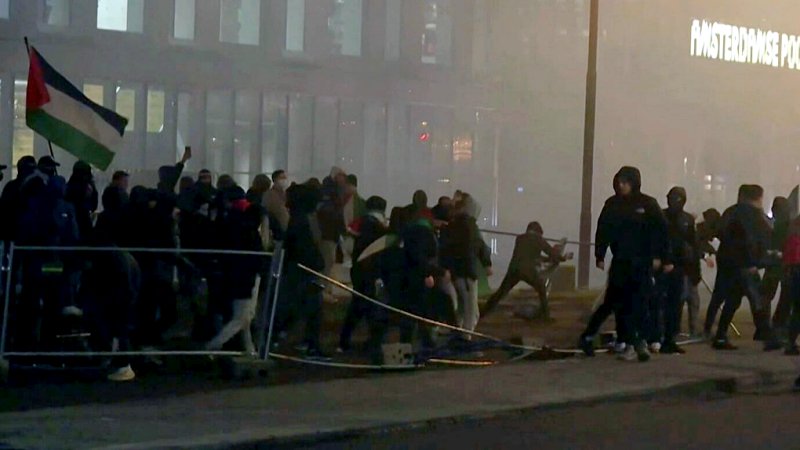
Response and Investigation to the November 7, 2024 Attack on Israeli Fans in Amsterdam
Around 800 Amsterdam police officers made 62 arrests before and during the match, primarily for public order violations. Four individuals remained in custody as of Saturday, November 9, 2024. The first arrest related to post-match violence occurred on Saturday based on identification from CCTV footage.
Amsterdam declared a partial state of emergency, granting police authority to conduct random stop-and-search procedures. Additional police were deployed, security was heightened at Jewish institutions, and protests were prohibited. Amsterdam’s mayor, Femke Halsema, imposed a three-day ban on demonstrations.
On Friday, Public Prosecutor René de Beukelaer stated at a press conference that the investigation would prioritize antisemitism as a motive. Police were examining video footage to pinpoint perpetrators and scrutinizing social media to ascertain the extent of organization behind the attacks. Authorities were also investigating claims that Israel had alerted Dutch officials about potential unrest.
Amsterdam Mayor Femke Halsema stated that the Netherlands’ counterterrorism watchdog had reported no “concrete threat” to Israeli fans before the match and the match wasn’t considered high-risk.
International Reactions to the Attack
- U.S. President Joe Biden called the attacks “despicable” and said they “echo dark moments in history when Jews were persecuted”.
- UN Secretary-General Antonio Guterres expressed shock, according to a UN spokesperson.
- The UN special rapporteur on the occupied Palestinian territory, Francesca Albanese, criticized Western media outlets for minimizing the actions of the Israeli fans of Maccabi Tel Aviv ahead of the clashes.
- Israeli Prime Minister Benjamin Netanyahu condemned the attacks as a “planned antisemitic attack against Israeli citizens” and later likened it to Kristallnacht.
- Israeli President Isaac Herzog called the events “an antisemitic pogrom”.
- Dutch Prime Minister Dick Schoof canceled a trip to the UN climate conference to stay in the Netherlands and address the fallout from the attacks, calling them “shameful”, “unacceptable” and a “turning point.”
- Dutch King Willem-Alexander stated that Jewish people must feel secure in the Netherlands, saying “We failed the Jewish community of the Netherlands during the second world war…and last night we failed again”.
Aftermath of the Attack
The violence raised concerns about the safety of future matches involving Israeli teams in Europe. Maccabi Tel Aviv’s next scheduled away game in the Europa League is against the Turkish club Besiktas. Turkish authorities have already decided that the match will not be played in Istanbul and are discussing an alternative neutral venue. Meanwhile, France’s Interior Minister Bruno Retailleau confirmed that the Israeli national football team’s match in Paris for the Nations League would proceed as scheduled on November 14.
Netanyahu initially announced that he was sending two planes to Amsterdam to evacuate Israelis, but his office later announced that they would arrange commercial flights instead. Many fans were escorted to Amsterdam’s Schiphol Airport by police-protected buses. Maccabi advised its supporters to stay in hotels and avoid wearing or displaying visible Jewish symbols until they departed. UEFA, European football’s governing body, said it would investigate the incident and review security protocols for future matches.
Israeli Foreign Minister Gideon Saar traveled to the Netherlands on Friday, November 8, 2024, and offered Israel’s assistance in the police investigation. He met with Dutch counterpart Caspar Veldkamp and with Schoof on Saturday. Schoof said on X, formerly Twitter, that he told Saar, “that the Dutch government is doing everything it can to ensure that the Jewish community in our country feels safe.” Saar said in a statement after the meeting that he told Schoof the attacks on Jews and Israelis “and the demand by their attackers they present passports to prove their identity, were reminiscent of dark periods in history. He stressed that Israel could not accept the persecution of Jews and Israelis on European soil.”.
Impact and Aftermath of the Attack on Israeli Fans in Amsterdam
International Condemnation and Diplomatic Response:
The attack drew swift and widespread condemnation from world leaders, underscoring the global concern over rising antisemitism. U.S. President Joe Biden labeled the attacks “despicable,” drawing parallels to historical persecution of Jews. Similarly, UN Secretary-General Antonio Guterres expressed shock at the events. Dutch authorities faced criticism from Israeli officials, with Israeli Prime Minister Benjamin Netanyahu condemning it as a “planned antisemitic attack” and drawing comparisons to Kristallnacht. Israeli President Isaac Herzog called it an “antisemitic pogrom”, a term referring to violent riots aimed at persecuting a particular ethnic or religious group. The Dutch government, led by Prime Minister Mark Rutte, condemned the violence as “shameful” and “unacceptable,” acknowledging a failure to protect the Jewish community. Rutte also had to cancel his trip to a UN climate conference in Azerbaijan to address the crisis. This cancellation highlights the severity of the situation and the Dutch government’s commitment to tackling antisemitism.
The incident prompted a diplomatic response, with Israeli Foreign Minister Gideon Sa’ar traveling to the Netherlands to discuss the attacks with Dutch officials. Saar emphasized the historical parallels of demanding Jews prove their identity and stressed Israel’s intolerance for such persecution in Europe. The diplomatic engagement underscores the seriousness of the incident and the need for collaborative action to address antisemitism.
Concerns over Safety at Future Matches and Travel:
The violence in Amsterdam raised significant concerns about the safety of Israeli teams and fans at future matches in Europe. This concern led Turkish authorities to relocate the upcoming match between Maccabi Tel Aviv and Beşiktaş from Istanbul to a neutral venue. The decision highlights the fear of similar attacks and the perceived inability to guarantee the safety of Israeli fans in certain locations. The incident prompted UEFA, European football’s governing body, to launch an investigation and review security protocols for upcoming games.
The attacks also impacted travel arrangements for the Israeli fans, with Netanyahu initially proposing to send two planes for evacuation, which was later changed to arranging commercial flights. Maccabi Tel Aviv issued safety advice to its supporters, recommending they stay in hotels and avoid displaying Jewish symbols until their departure. These measures reflect the heightened security concerns and the need to prioritize the safety of the Israeli fans in the aftermath of the attack.
Media Scrutiny and Debate on Framing the Incident:
The attacks garnered significant media attention, with media outlets grappling with how to frame the incident. The UN special rapporteur on the occupied Palestinian territory, Francesca Albanese, criticized Western media for downplaying the actions of Maccabi Tel Aviv fans before the clashes. This criticism points to a broader debate on media coverage of the Israeli-Palestinian conflict and accusations of bias.
Some argue that the focus on antisemitism overshadowed the initial actions of Israeli fans, including the burning of a Palestinian flag and chanting anti-Arab slogans. This perspective highlights the complexity of the situation and the need to consider the broader context of the Israeli-Palestinian conflict. Dima Said from the Palestine Football Association questioned why Israeli clubs are allowed to compete internationally while Israel is accused of human rights violations against Palestinians. This statement reflects the ongoing debate about the impact of the Israeli-Palestinian conflict on international events and the calls for boycotts and sanctions against Israel.
Conclusion:
The attack on Israeli fans in Amsterdam serves as a stark reminder of the persistent threat of antisemitism in Europe and the complex interplay between sports, politics, and identity. The incident highlighted the need for vigilance against all forms of hate and discrimination, emphasizing the importance of fostering dialogue and understanding. It underscored the need to address the underlying factors contributing to antisemitism and to ensure the safety and security of all individuals, regardless of their religious or ethnic background.
The incident prompted a multi-faceted response, involving international condemnation, diplomatic efforts, security reviews, media scrutiny, and public debate. While the immediate aftermath focused on ensuring the safety of those affected and holding perpetrators accountable, the long-term impact remains to be seen. It is crucial to continue monitoring the situation, promoting tolerance, and working toward a future where such incidents are not repeated.


